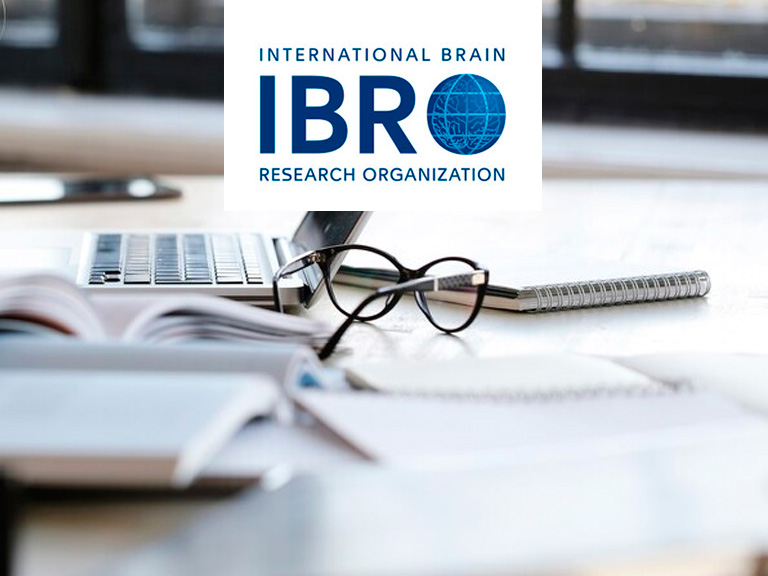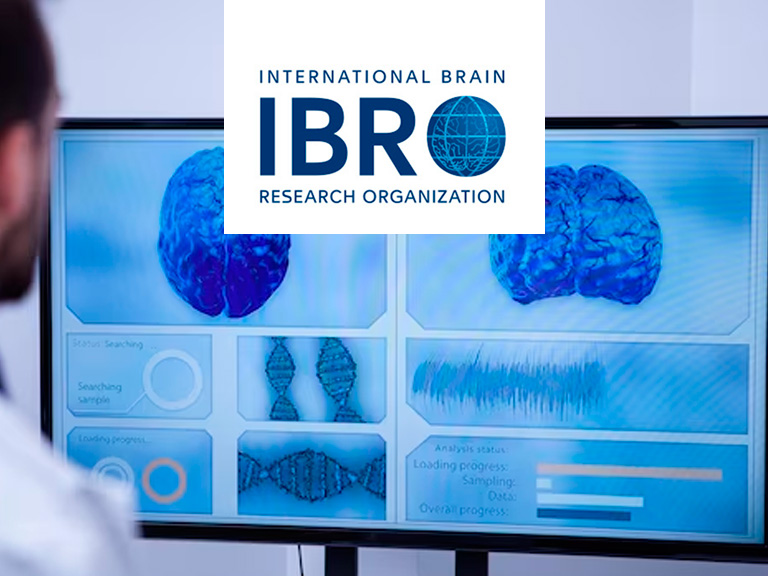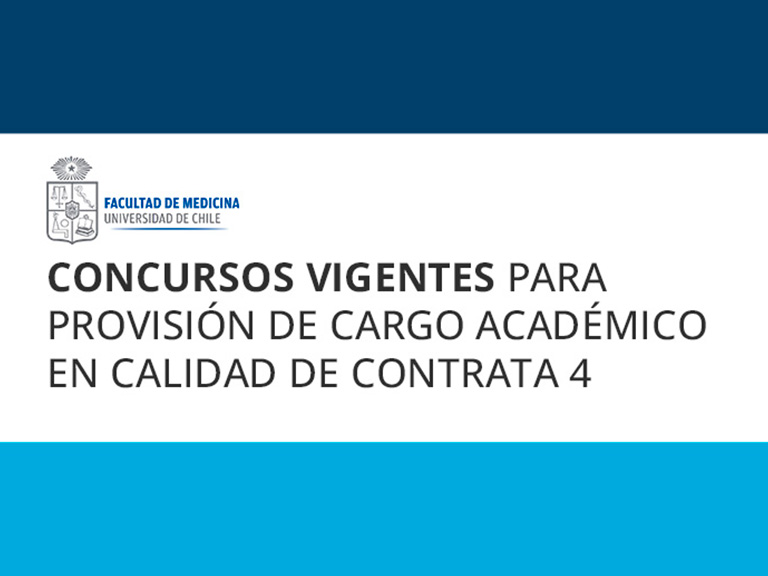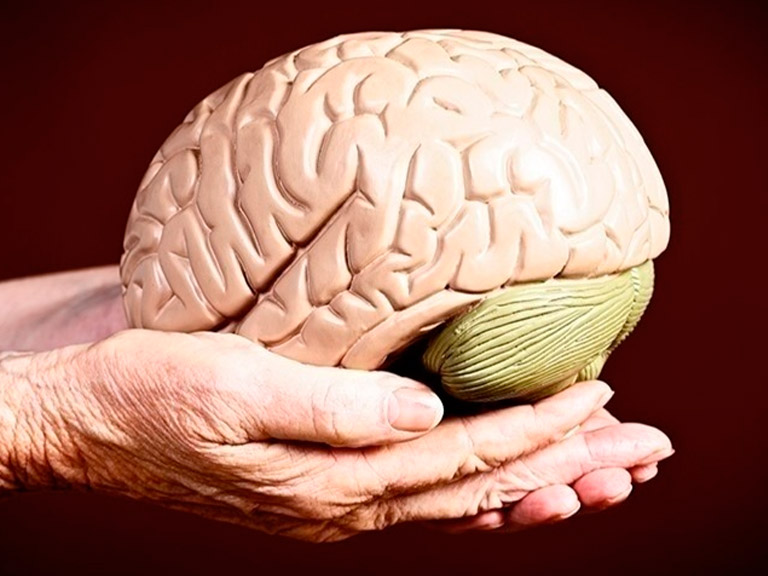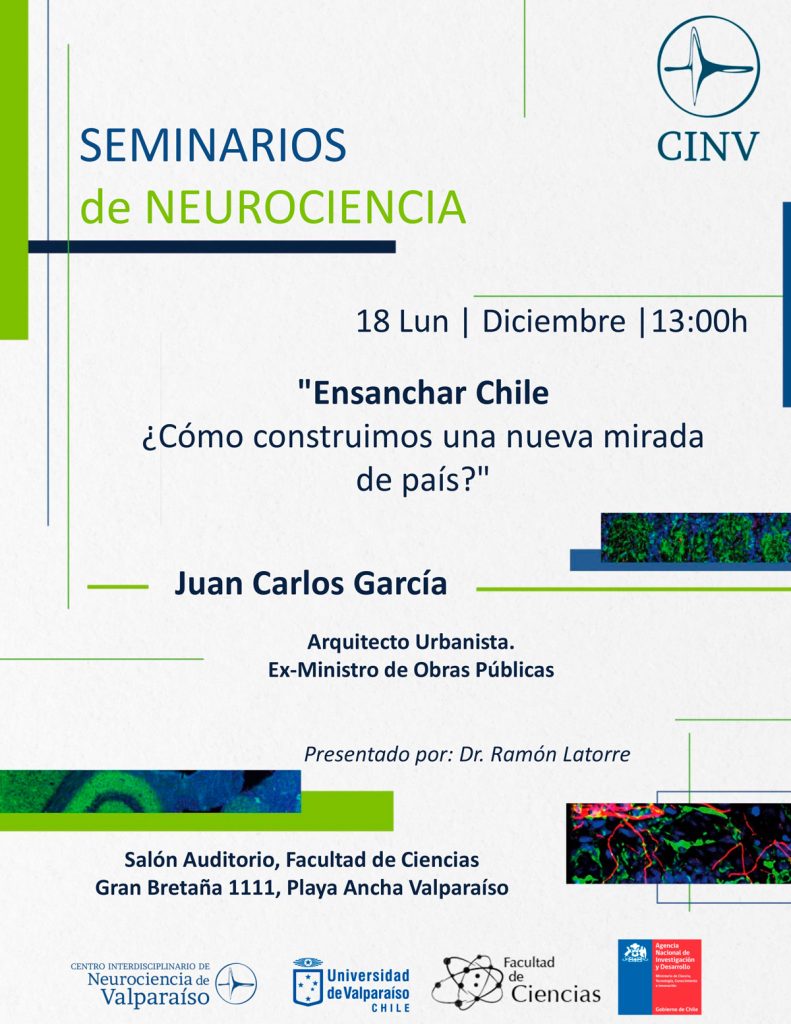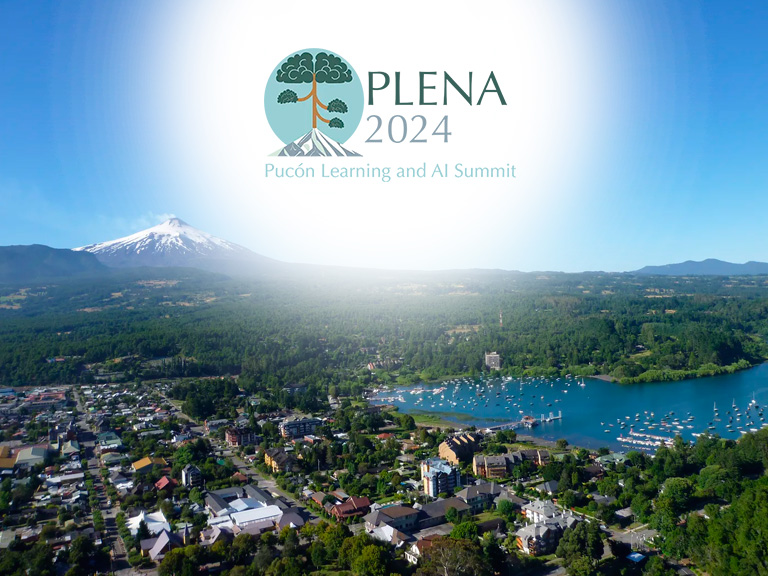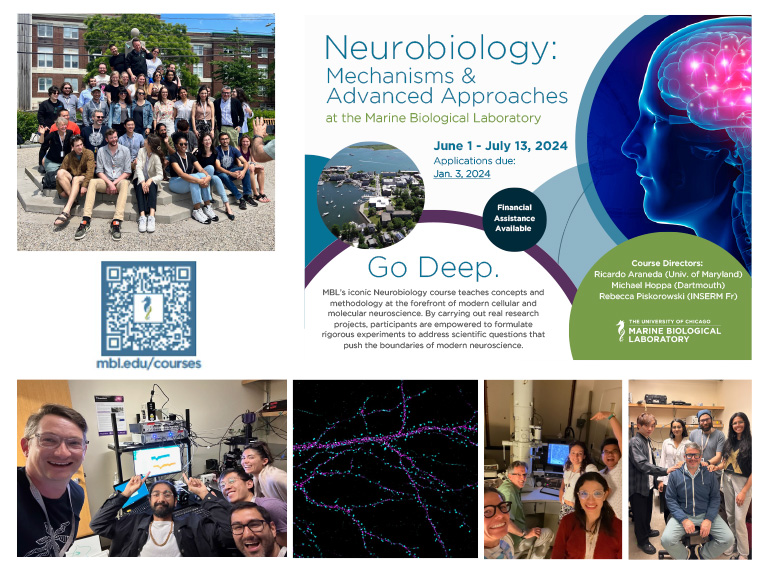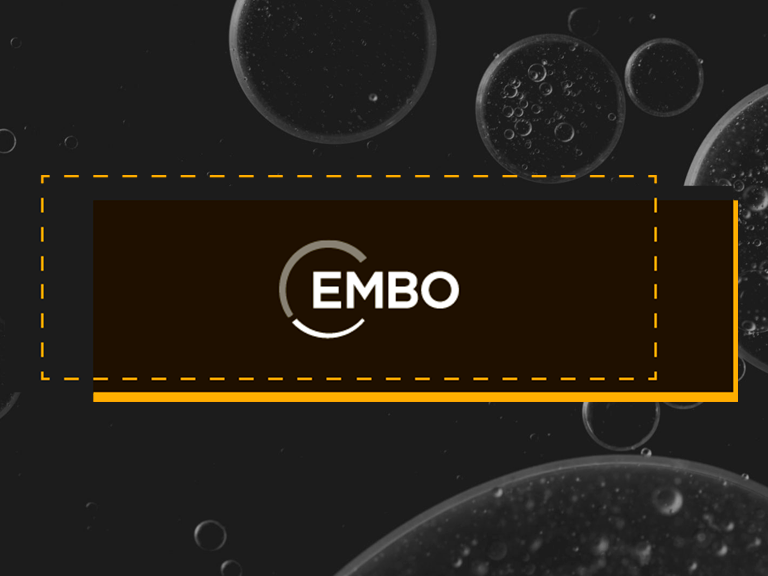
Estimadas/os socias/os
Les escribimos con información relacionada con seminarios web sobre diferentes programas de EMBO a los que investigadores/as de Chile pueden postular, puesto que Chile es un país asociado desde el año 2018. A continuación se muestran las diferentes fechas y enlaces de inscripción y en el adjunto el programa del primer evento.
- 28 March, EMBO Funding Programmes: Opportunities for Early Career Researchers – https://embo-org.zoom.us/webinar/register/WN_WXfUEsQVSLOApJzB6W0i2Q
VIEW PDF - 10 April, EMBO Global Investigator Network – How to prepare competitive applications – https://embo-org.zoom.us/webinar/register/WN_z81tmgWRQtmog_M4oNfhAg
- 26 June, EMBO Postdoctoral Fellowship Programme – https://embo-org.zoom.us/webinar/register/WN_VNfrywsXRoipgTmISAyFnQ


